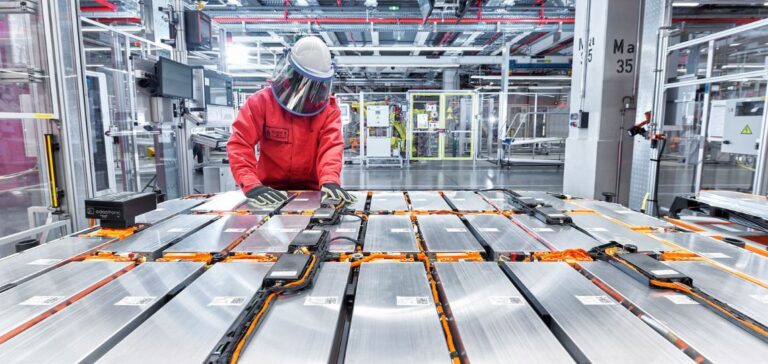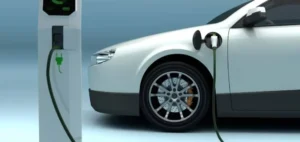The European Commission (EC) recently imposed provisional tariffs of up to 47.6% on imports of battery electric vehicles (EVs) from China. This decision comes after an in-depth investigation revealed that the EV value chain in China benefited from unfair subsidies, posing a serious economic threat to European EV producers. Nevertheless, European manufacturers will need to secure a constant supply of rare earths to ensure the viability of their forecasts.
A context of unfair subsidies
The European Commission ‘s investigation uncovered unfair Chinese subsidy practices, making Chinese electric vehicles artificially competitive on the European market. These subsidies have been seen as an economic threat to EV producers in the European Union (EU), who struggle to compete on a level playing field.
Provisional customs duties will be applied from July 5 for a maximum of four months. A final decision on definitive duties will be taken by EU member states at the end of this period, at which point duties could be maintained for five years.
Reactions and ongoing negotiations
The Commission has intensified its consultations with the Chinese government to find a solution compatible with World Trade Organization (WTO) rules. Technical discussions are underway to find an agreement that effectively addresses the EU’s concerns.
Despite this, the Federation of the German Automotive Industry (VDA) has expressed its opposition to tariffs. Hildegard Müller, President of the VDA, called for a negotiated resolution to avoid a global trade conflict that could undermine international cooperation and free and fair trade.
Impact and future prospects
The new tariffs affect several major Chinese EV groups, with BYD Group facing an additional duty of 17.4%, Geely Group 19.9% and SAIC Group 37.6%. Other cooperating companies will face a weighted average of 20.8%, while non-cooperators will incur a duty of 37.6%.
Hildegard Müller warned of the potential adverse effects of a trade conflict, pointing out that protectionist measures could jeopardize the transformation towards electromobility and digitalization, areas in which China plays a crucial role.
She stressed that the attractiveness and competitiveness of European sites are essential for a successful transformation and for maintaining a leading position in international competition. According to Müller, an active industrial strategy and a dynamic trade policy are needed to promote the strengths of European industry.
While tariffs are intended to protect EU EV producers from unfair subsidies, it is crucial that negotiations between the EU and China reach a sustainable solution that promotes fair trade without leading to global trade conflict.






















